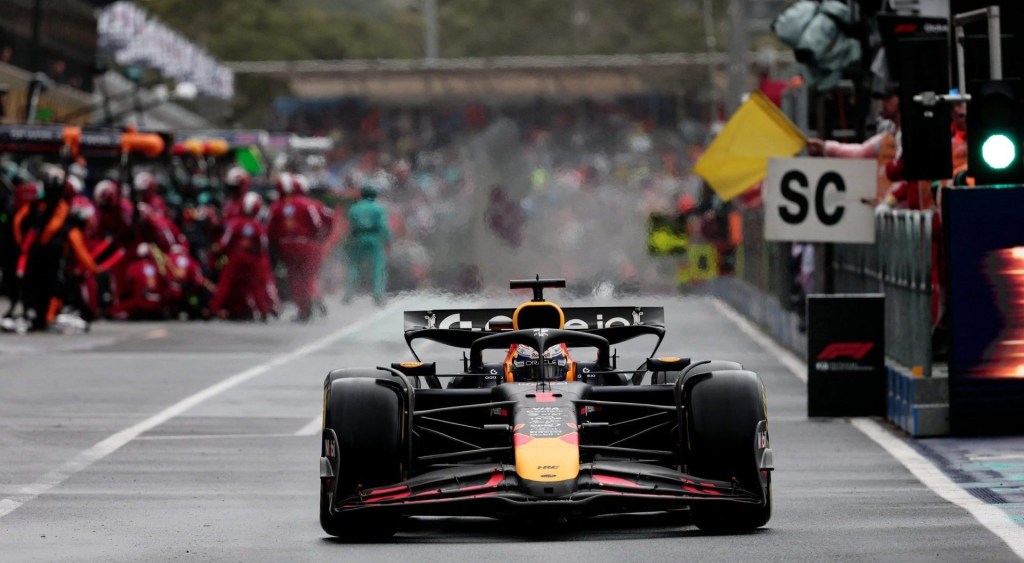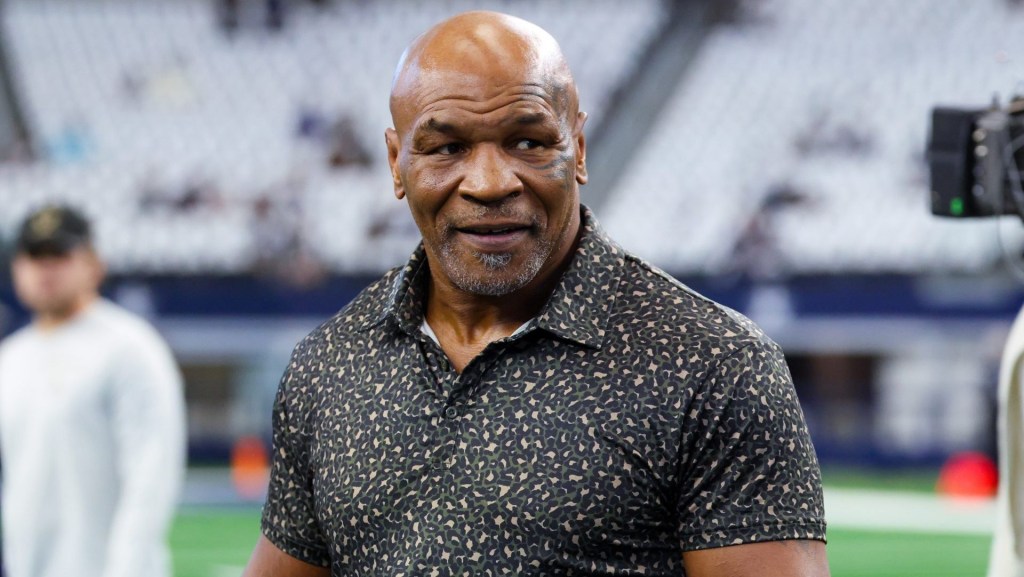The NCAA scored a major win in court Monday when a judge dismissed a case arguing that former college athletes who played in the 1990s and early 2000s deserved damages for not being able to capitalize on their NIL (name, image, and likeness) rights.
The NCAA has agreed to settle the House v. NCAA case over athlete NIL rights, which, among other things, will offer $2.8 billion in damages for Division I athletes who couldn’t earn NIL money before the NCAA changed its rules in 2021. But there’s a limit on which athletes qualify: They had to have played between the 2016 and 2021 seasons.
Because of that restriction, multiple groups of older former players have filed lawsuits seeking their own damages. Among them were former USC running back and NFL star Reggie Bush, who played in the NFL from 2006-2016, and former Ohio State wide receiver and quarterback Terrelle Pryor, who played in the NFL from 2011-2018.
But on Monday, judge Paul Engelmayer, a federal district court judge for the Southern District of New York, dismissed a class action lawsuit brought in July 2024 by former Kansas men’s basketball player Mario Chalmers, as well as 15 other former football and men’s basketball players, without the chance to appeal. Chalmers played in the NBA from 2008-2018.
The ruling, which is the first of its kind in these types of cases, could set a precedent for leading to the dismissal of other lawsuits going forward—potentially saving the NCAA not only millions of dollars in legal fees, but billions of dollars in damages for the group of lawsuits.
Engelmayer wrote that the 16 basketball players named in the lawsuit, all of whom played between 1994 and 2016, didn’t satisfy the four-year statute of limitations on antitrust cases. The statute of limitations argues, generally, that antitrust lawsuits must be brought within four years of the harm occurring—in this case, four years within the period that players lost out on NIL opportunities. Chalmers’s lawyers tried to argue that continued use of players’ NILs in NCAA materials constituted continued harm that still exists today. Englemayer disagreed.
“The NCAA’s use today of an NIL acquired decades ago as the fruit of an antitrust violation does not constitute a new overt act restarting the limitation clock,” Engelmayer wrote.
“The NCAA is pleased with the court’s dismissal of the entirety of the Chalmers case,” the NCAA said in a statement to FOS. “The court definitively examined and dismissed the antitrust and unjust enrichment claims, finding they were untimely and precluded by prior cases. We are hopeful that several of the copycat cases will be similarly treated by other courts.”






![[Subscription Customers Only] Jun 15, 2025; Seattle, Washington, USA; Botafogo owner John Textor inside the stadium before the match during a group stage match of the 2025 FIFA Club World Cup at Lumen Field.](https://frontofficesports.com/wp-content/uploads/2026/02/USATSI_26465842_168416386_lowres-scaled.jpg?quality=100&w=1024)
![[Subscription Customers Only] Jul 13, 2025; East Rutherford, New Jersey, USA; Chelsea FC midfielder Cole Palmer (10) celebrates winning the final of the 2025 FIFA Club World Cup at MetLife Stadium](https://frontofficesports.com/wp-content/uploads/2026/02/USATSI_26636703-scaled-e1770932227605.jpg?quality=100&w=1024)









